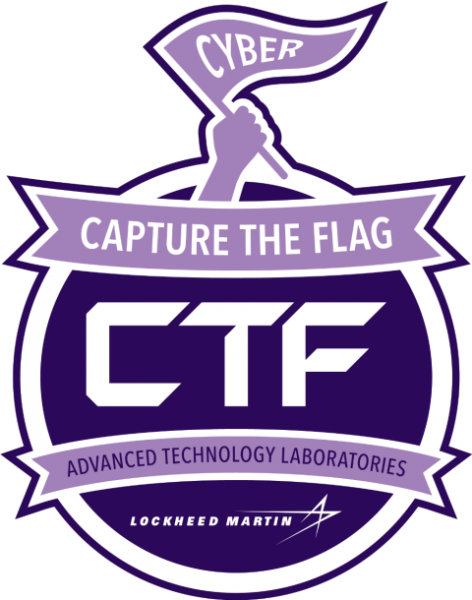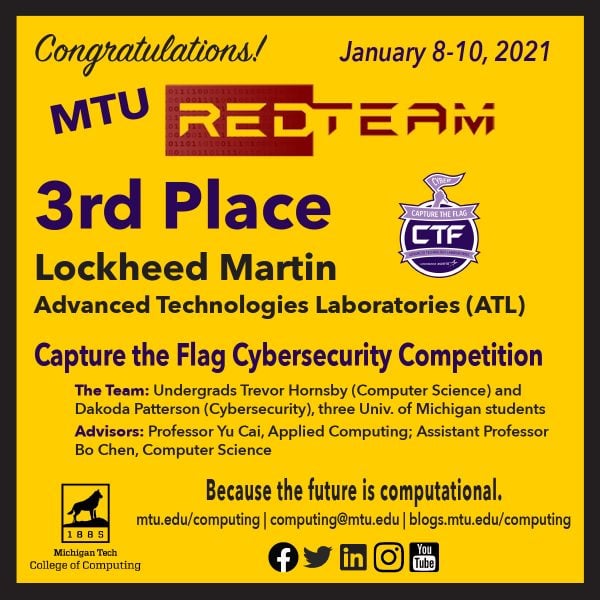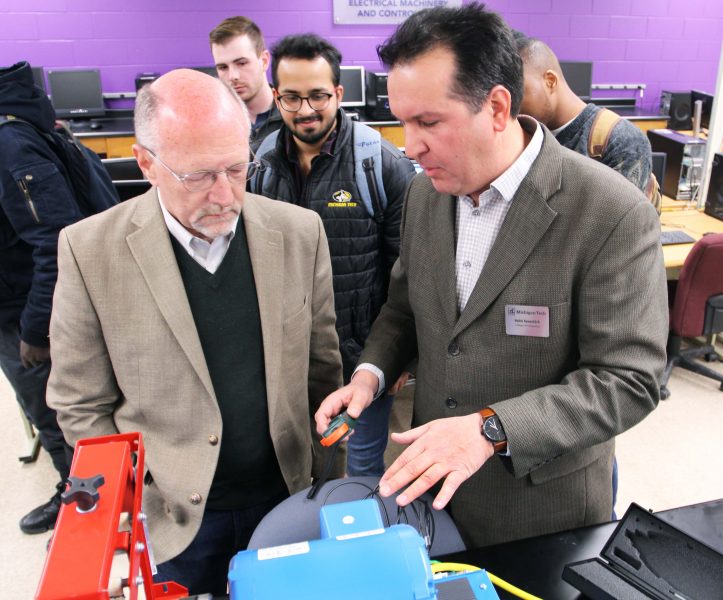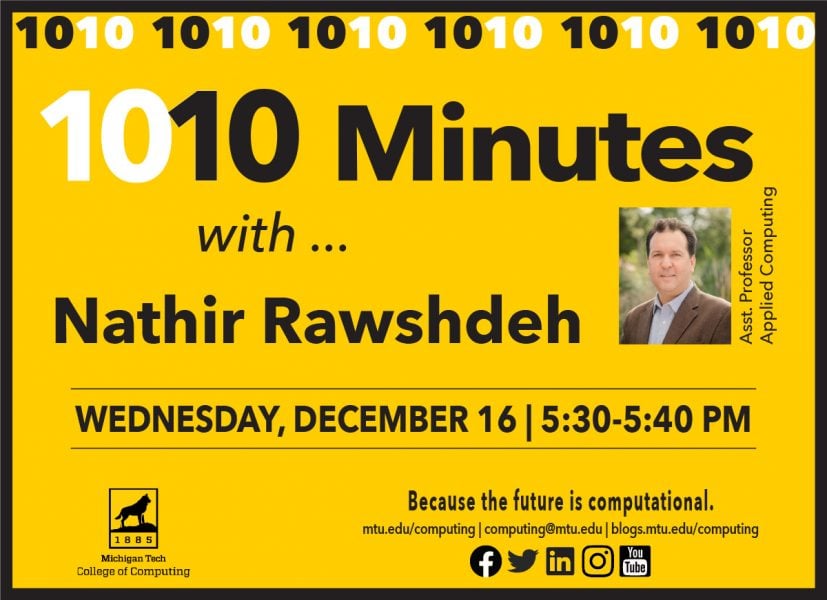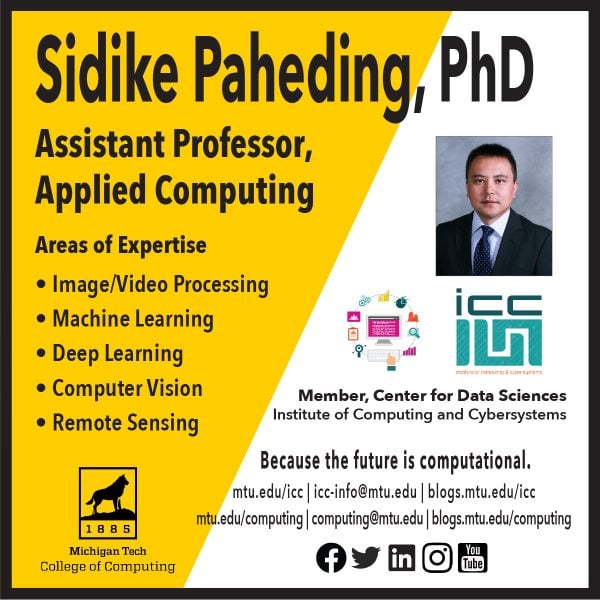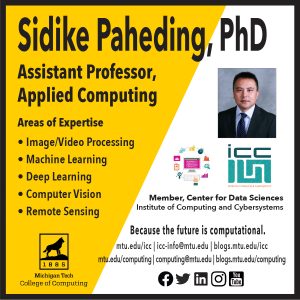Michigan Tech’s Health Research Institute (HRI) will host a panel discussion on Monday, January 25, 2021,, from 12:00 to 1:00 p.m.
Health research at Michigan Tech has been steadily growing for over 10 years. This growth has led to many practical uses for the technology developed. Three researchers, Dr. Megan Frost (Kinesiology and Integrative Physiology), Dr. Bruce Lee (Biomedical Engineering), and Assistant Professor Dr. Weihua Zhou (College of Computing) will discuss their experiences with start-ups and applying their research to relevant health problems.

